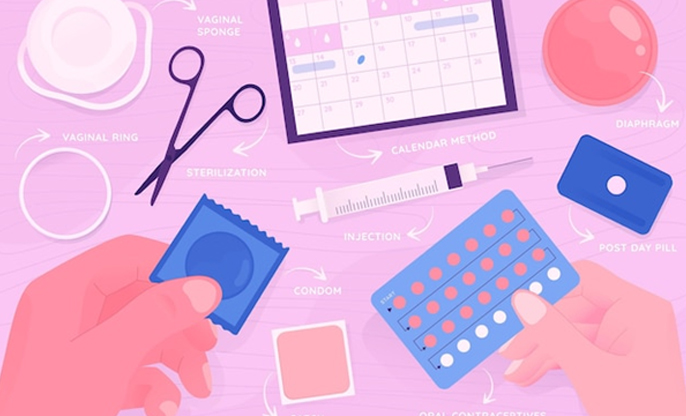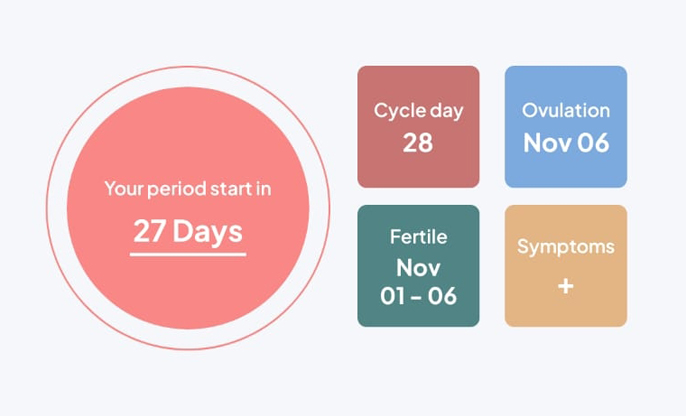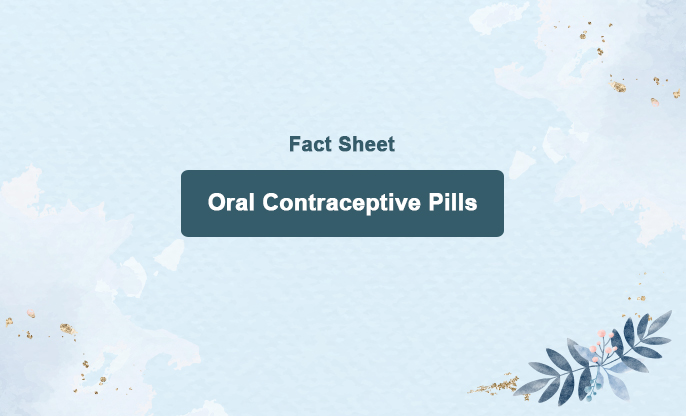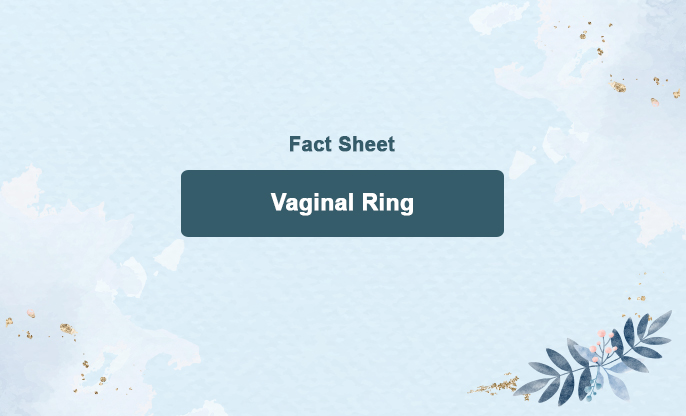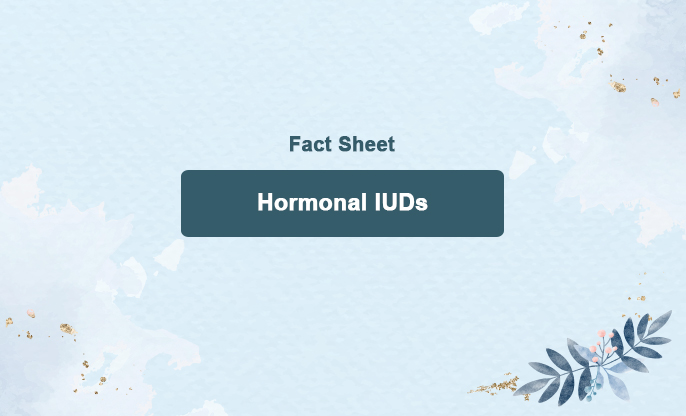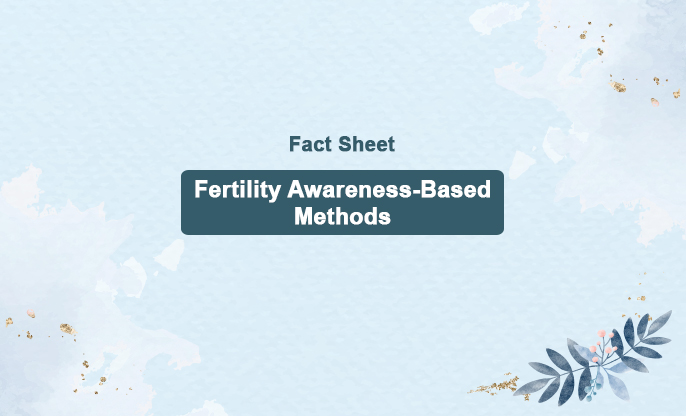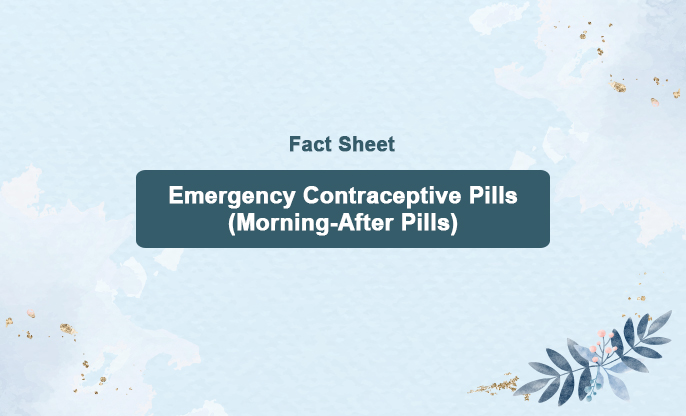
Essential Health Checks to Consider
Preparing to welcome a new life is both exciting and significant. It's a journey that starts even before conception, with a preconception health assessment - a series of essential medical tests and evaluations. These steps are crucial not only to ensure our own health but also to provide the best start for our future baby. Here's a breakdown of important tests and why they matter so much in the run-up to pregnancy.
Why a
Preconception Health Assessment?
This careful health check-up helps me:
● Identify
and manage any health issues that might affect my pregnancy.
● Adjust or
change medications that are unsafe during pregnancy.
● Enhance
my health to support my baby's development right from the start.
● Lower the
chances of birth defects and other complications.
● Get genetic counseling if it’s needed, based on my family history and any genetic risks.
Key Tests to
Consider Before Planning Pregnancy General Health Check-up
● Purpose: This checks my
overall health and any chronic conditions like diabetes or thyroid issues that
should be managed prior to pregnancy.
● Tests Include: Blood pressure, weight, and a thorough review of both my personal and family medical histories.
Blood Tests
● Complete Blood Count (CBC): Helps
check my overall health status and look for issues like anemia.
● Blood Type and Rh Factor: Vital
for preventing complications from Rh incompatibility with the baby.
● Glucose Levels: Screens for
diabetes that needs to be managed before pregnancy.
● Thyroid Function Tests: Ensures my thyroid levels are balanced as thyroid issues can impact my pregnancy and the baby's development.
Infectious
Disease Screening
● Purpose: Identifies any
sexually transmitted infections (STIs) or other infections that could affect my
pregnancy.
● Tests Include: Screening for HIV, hepatitis B and C, syphilis, and checking for rubella immunity. Necessary treatments or vaccinations can be managed before I try to conceive.
Reproductive
Health Tests
● Pelvic Exam and Pap Smear: Look for
STIs and signs of cervical cancer.
● Ultrasound: Checks my uterus, fallopian tubes, and ovaries for any structural issues or fibroids.
Genetic Screening
● Purpose: Evaluates the
risk of passing on genetic disorders to my child.
● Tests Include: Screening for conditions like cystic fibrosis or sickle cell disease, depending on my family background and ethnicity.
Nutritional
Assessment
● Purpose: Reviews my
eating habits and nutritional status, which are crucial for a healthy
pregnancy.
● Tests Include: Checking levels of vital nutrients such as folate, vitamin D, iron, and calcium, with supplements recommended if I have any deficiencies.
Lifestyle
Evaluation
● Purpose: To modify any lifestyle habits that could impact my pregnancy, such as smoking, alcohol consumption, and exposure to environmental hazards.
Why Does This
Matter?
Going through these health checks before trying to conceive is about more than just preparing for a successful pregnancy; it's about ensuring lasting health for ourselves and our future child. It's recommended to work closely with a healthcare provider to tailor a preconception plan that suits our unique health profile, setting the stage for a safe and healthy pregnancy adventure.

